by Jennifer Ray
Our First Karaoke Night
On Friday, October 13th, Roman Music Therapy Services invited the community and the agencies that we serve to our first ever Family Karaoke and Open Mic night. The karaoke event was the kick off to a new menu of services we plan to offer, under the name of Project Harmony. When we first started planning the event, we hoped that people would be as excited as we were about it! It would be a fun night, bringing people from different backgrounds and with different abilities together for music making. When Meredith and I talked about it, we thought a turnout of thirty would mean we had a successful night.
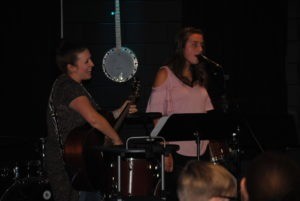 Two weeks before the event and we realized we were offering something that the community was getting excited about! Social media started lighting up with groups and individuals tagging each other and referencing the karaoke post on Facebook. Registrations started pouring in online. Group homes started calling with residents RSVP’s. The week of the event we had ninety people registered for a room at Onset School of Music that could hold one hundred.
Two weeks before the event and we realized we were offering something that the community was getting excited about! Social media started lighting up with groups and individuals tagging each other and referencing the karaoke post on Facebook. Registrations started pouring in online. Group homes started calling with residents RSVP’s. The week of the event we had ninety people registered for a room at Onset School of Music that could hold one hundred.
We had to close registration, a problem we could have never envisioned!
BJ Wass and his crew at Onset (a huge shout out and thank you for all of their assistance!) opened up two rooms for us, an impressive back room with stage, lighting and sound, and another great space where we could have a second sound system running. At many points in the evening, we had two karaoke singers performing at the same time!
I found myself throughout the evening in awe and deeply touched by what I was witnessing.
Seeing this broad representation of the community; families, kids, moms out with their friends, adults with special needs, kids with special needs, all these people having fun and cheering each other on, it was amazing. Thinking about it now, I still get chills. Everyone that night was so accepting, and so supportive of each other, it truly showed the power of music and the power of community.
When folks left that night, there was a smile on every face. We had all been a part of something special!
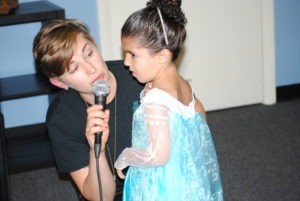
Special thanks goes to Onset Music School, for helping us with the logistics, as well as to The Optical House, The Bread Shop and Kelly’s Roast Beef, who all donated items for our raffle!
If you had fun at our karaoke event, or weren’t able to participate in this one, please call our office, 781-224-3300, to RSVP for our next Karaoke night at Onset on December 8th!

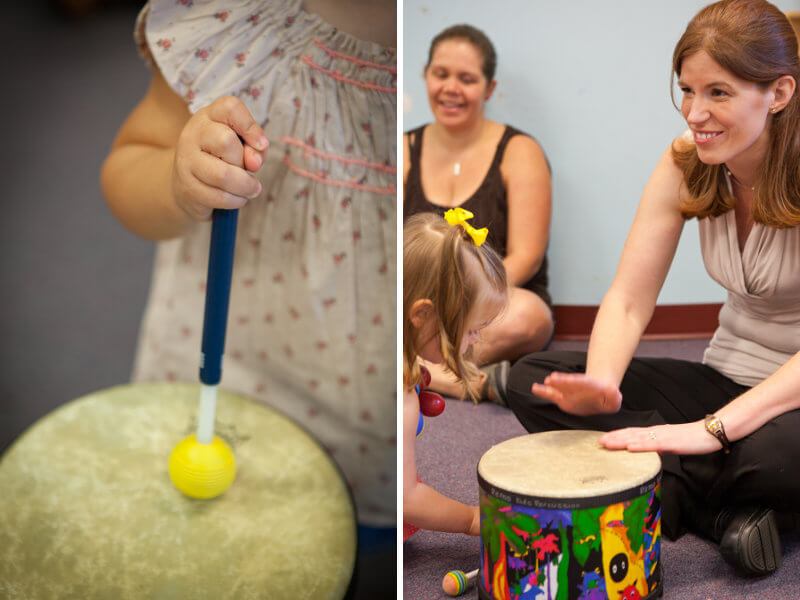
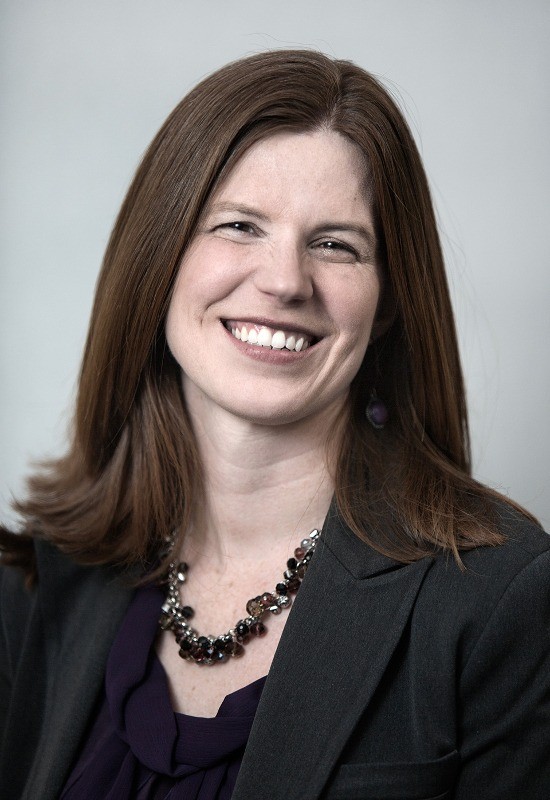
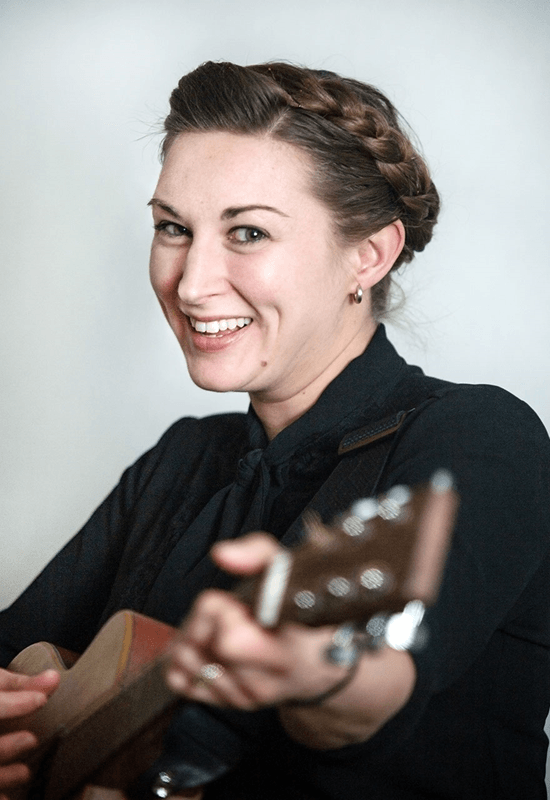
 April is Autism Awareness Month
April is Autism Awareness Month